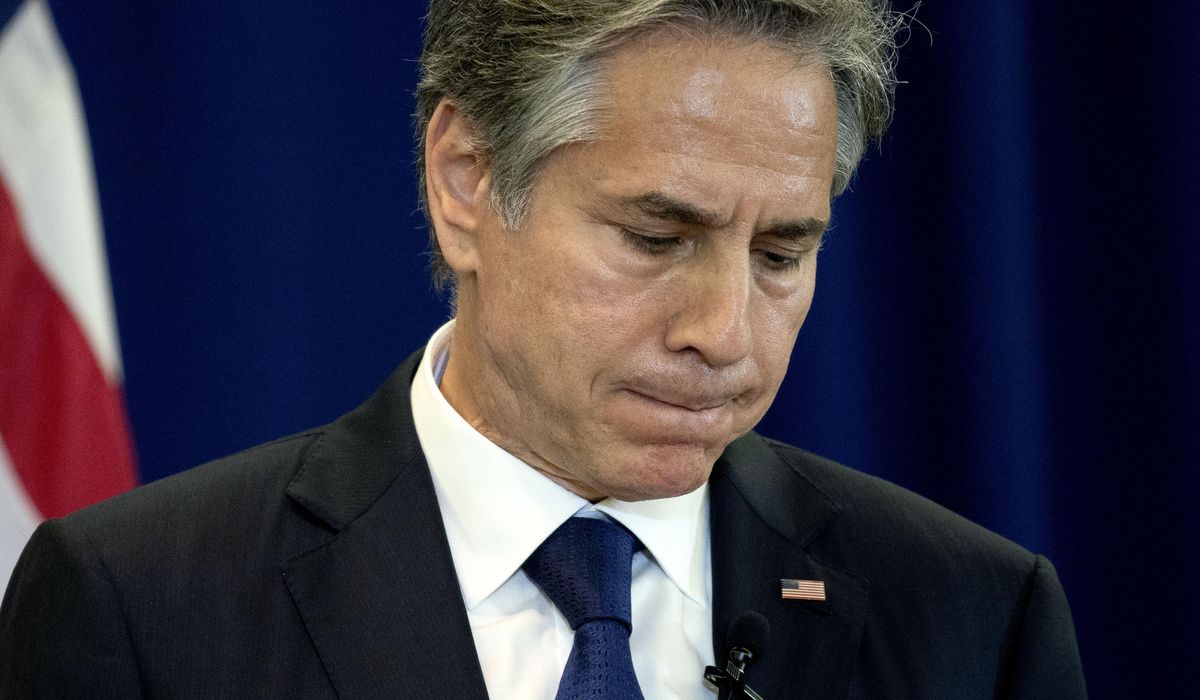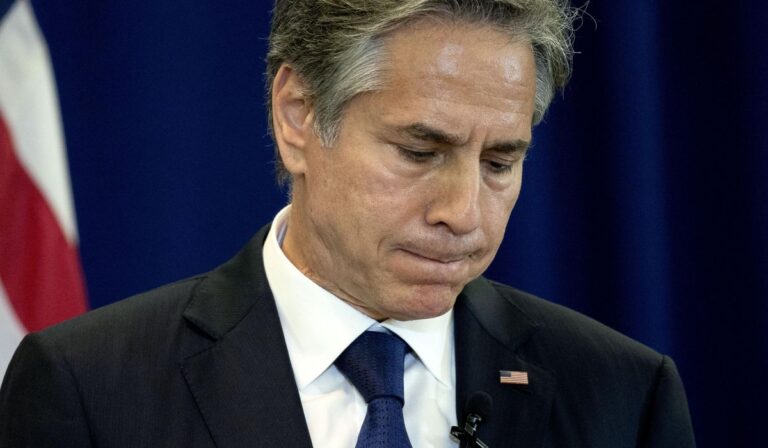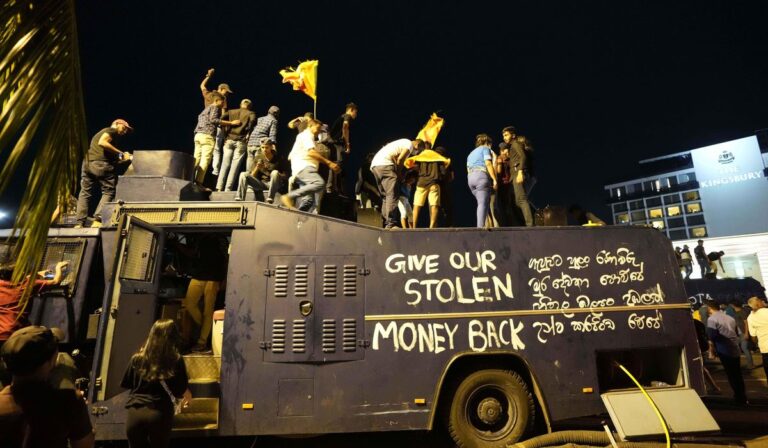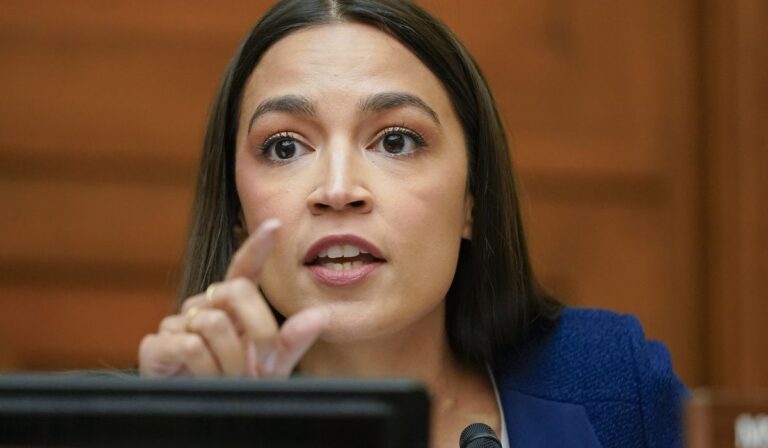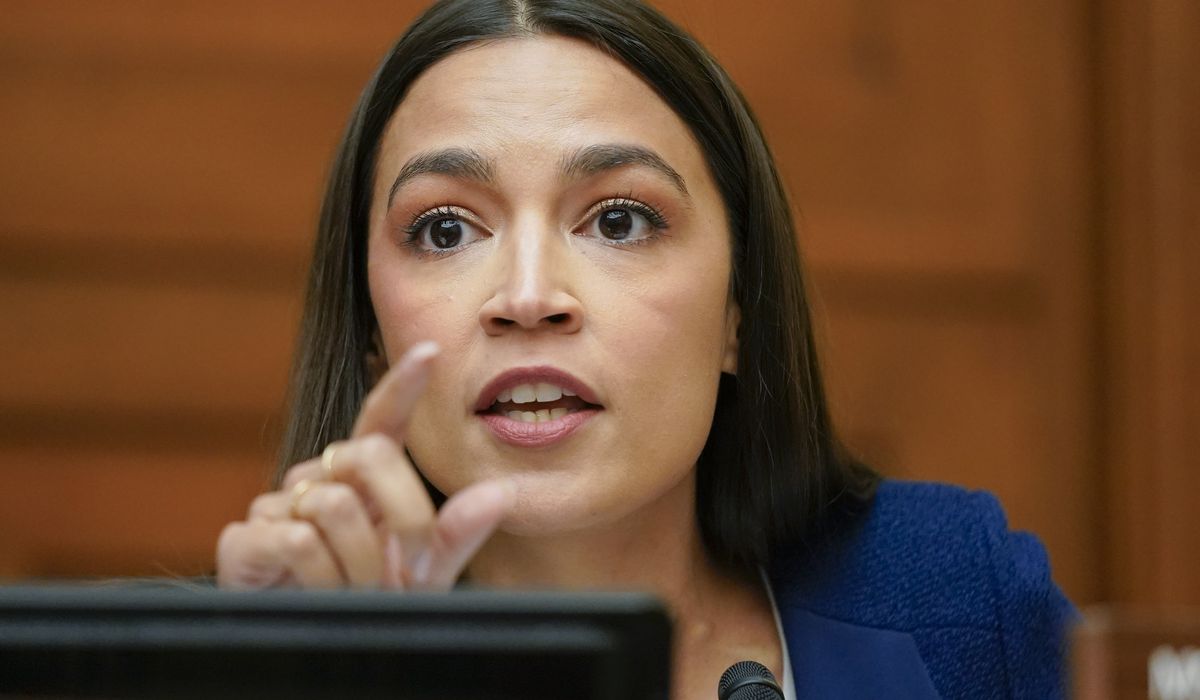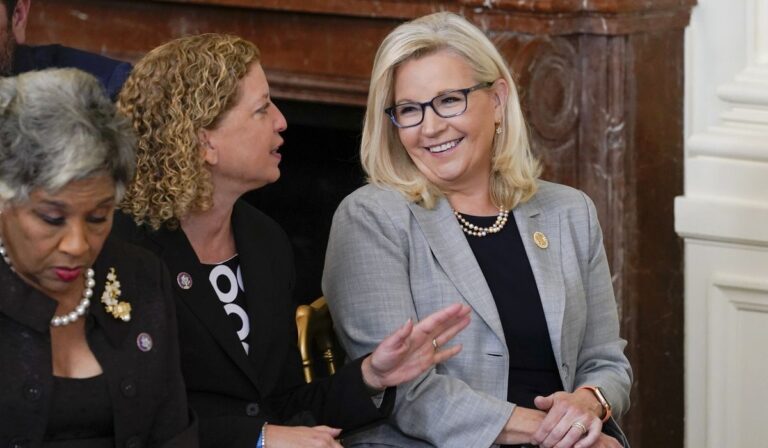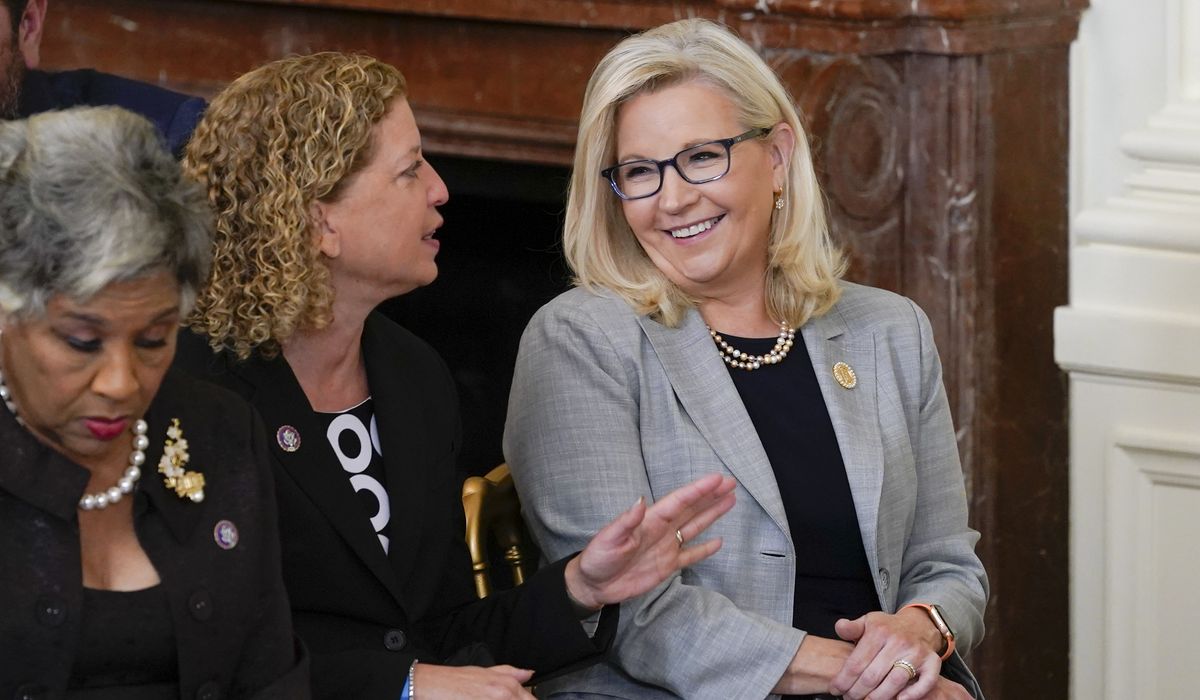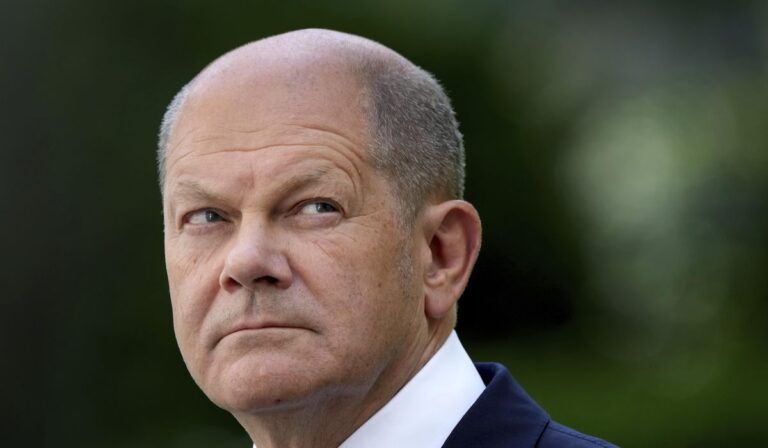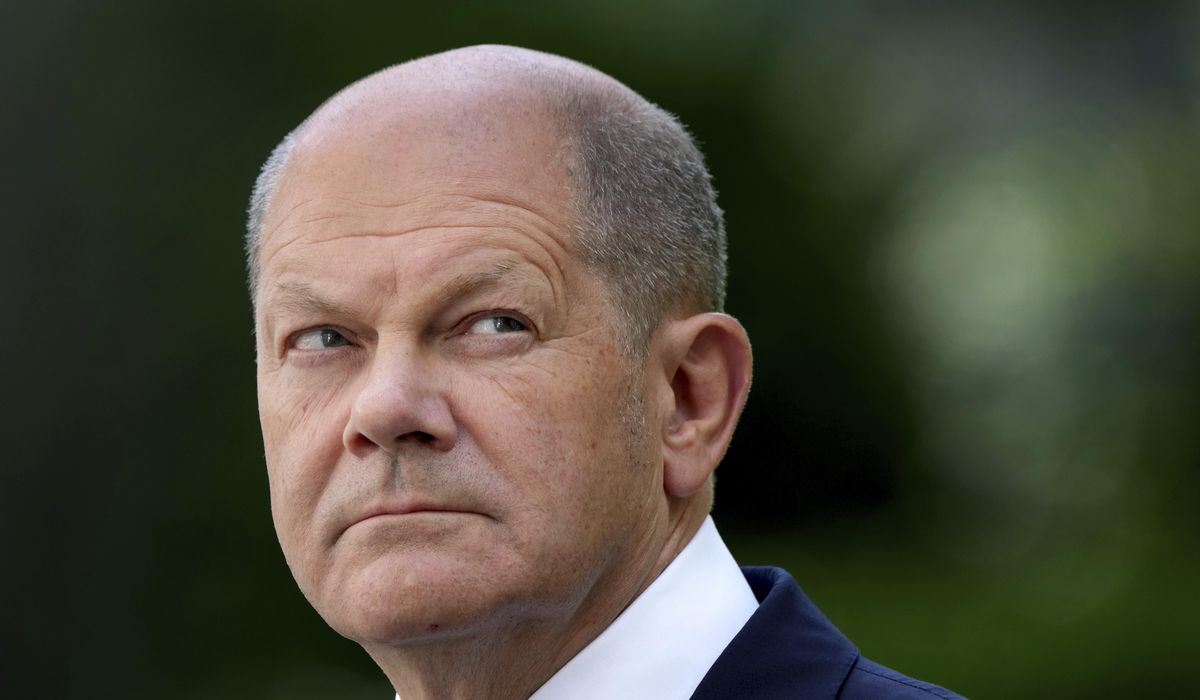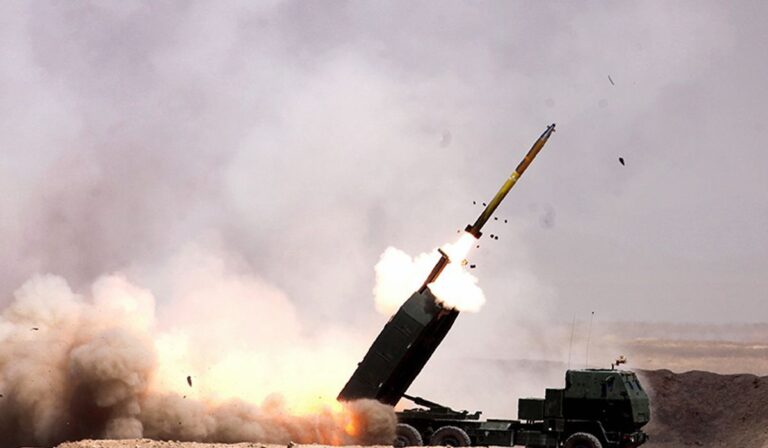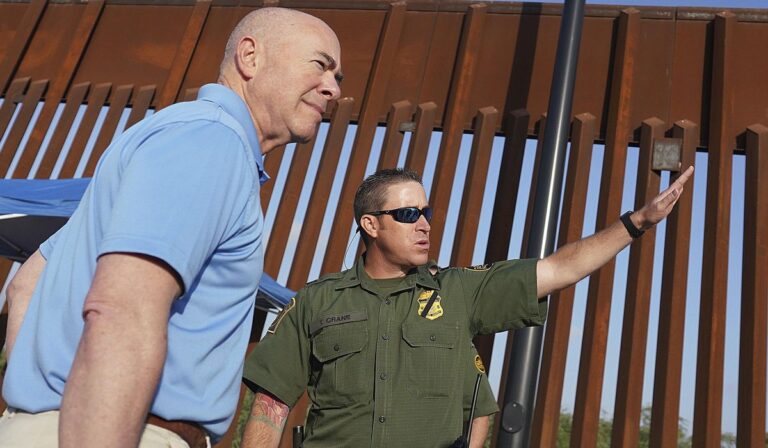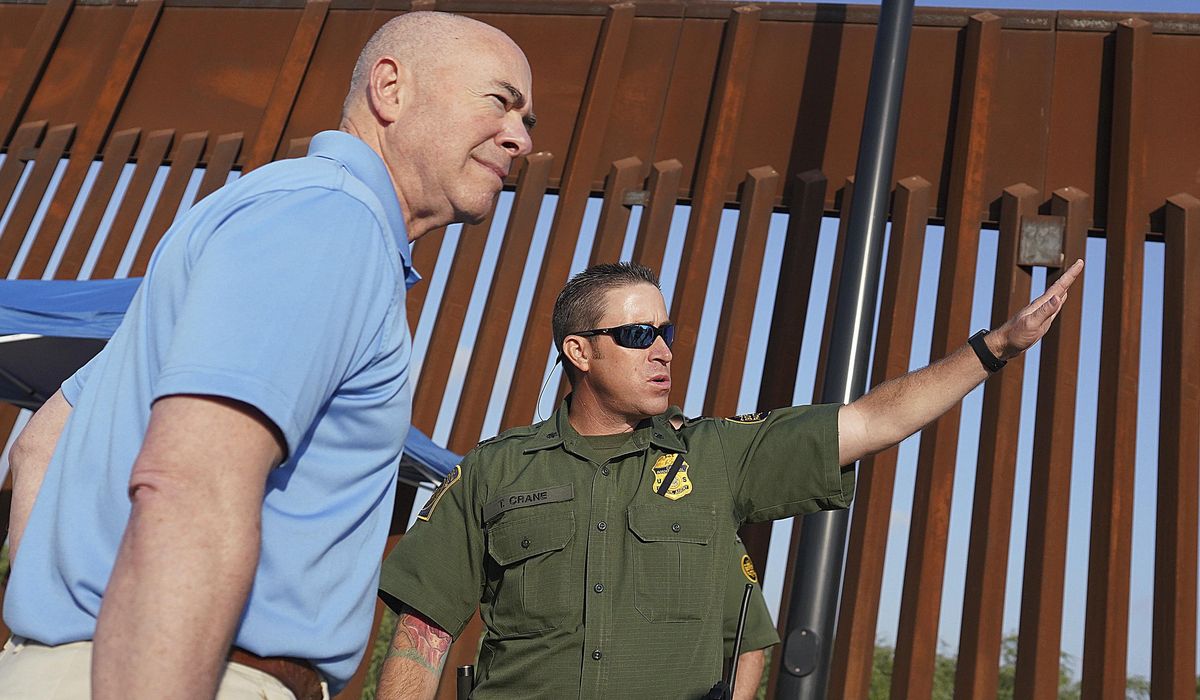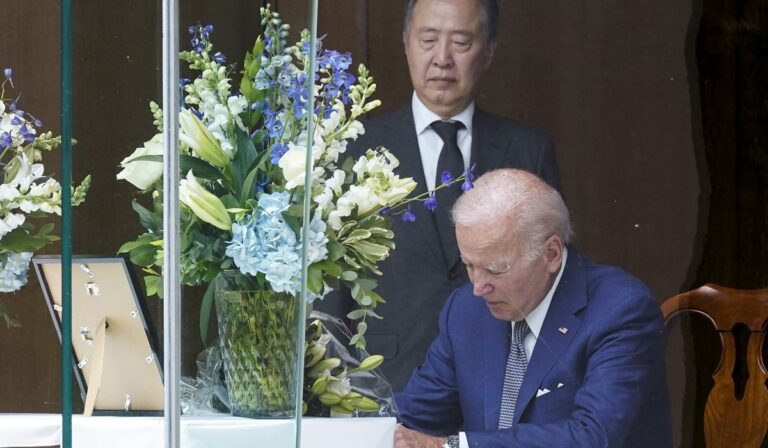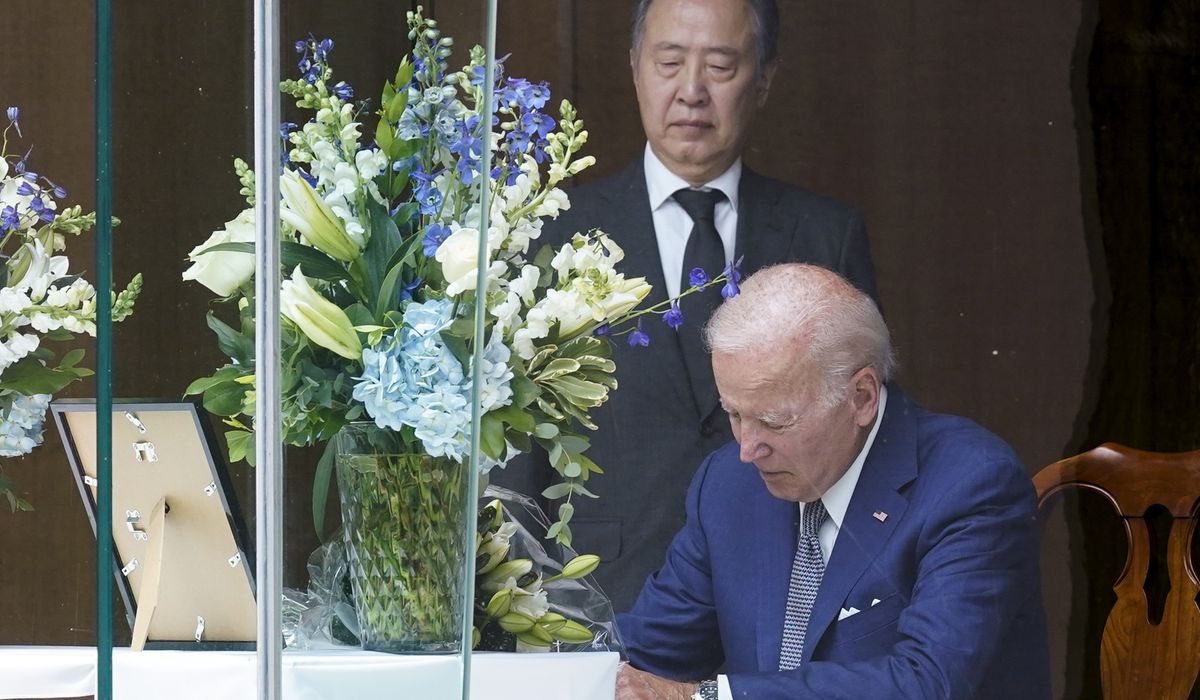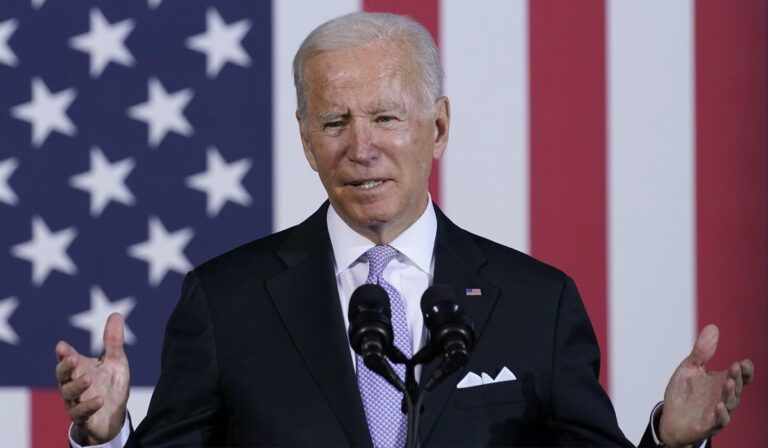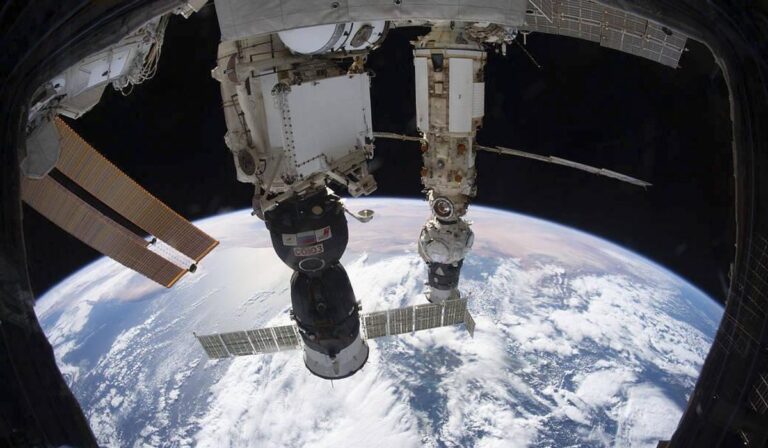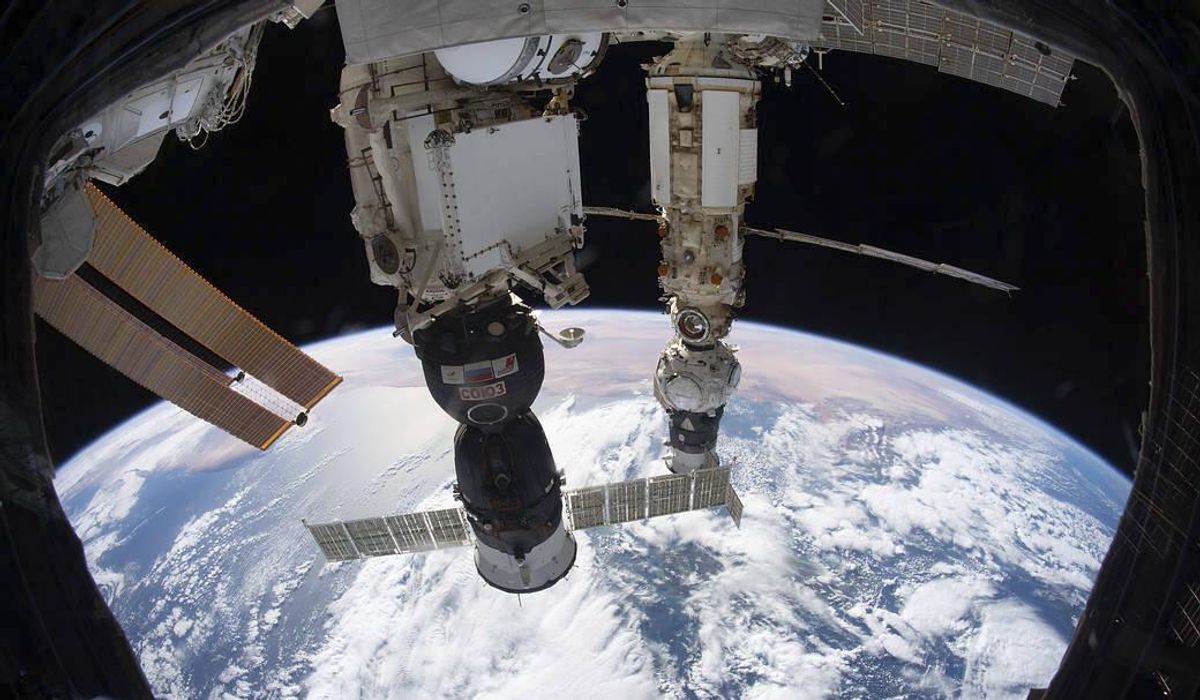It’s shaping up to be a landmark economic summit, a potential showdown between warring countries, and a face-to-face confrontation of long-term international rivals all rolled into one.
And it’s likely to be among the most delicate geopolitical balancing acts President Biden has faced so far in his 18-month tenure.
November’s G-20 meeting in Indonesia, while still four months away, has already become a white-hot topic in Washington, Beijing, Moscow, Kyiv and Jakarta. With Russian President Vladimir Putin slated to attend and Ukrainian President Volodymyr Zelenskyy also on the invite list, some foreign policy analysts say it’s possible that the forum could offer a chance for the two nations to hash out a cease-fire agreement — assuming the conflict is still raging by November and the representatives from the two parties agree to talk to one another.
For Mr. Biden, it poses a dilemma over whether and how to deal with a Russian leader who he has said must be ousted for starting the war in Ukraine.
For the U.S. and its Western allies, early talk of boycotting the event to protest Mr. Putin’s inclusion appears to have fizzled out in favor of attending but perhaps sidelining and publicly chastising the Russian leader as much as possible. That strategy got an early test run this week when foreign ministers from participating nations, including U.S. Secretary of State Antony Blinken, met in Bali as a precursor to the full G-20 meeting in November.
The preview wasn’t pretty.
Mr. Blinken met with Chinese Foreign Minister Wang Yi but had no such conversations with his Russian counterpart, Foreign Minister Sergey Lavrov. In explaining why, the State Department tried to walk a fine line as it crafts a careful G-20 strategy that seeks to publicly bash Russia for its unprovoked invasion of Ukraine while still making progress on economics, energy, the COVID-19 response and other key global issues where the Kremlin plays an indispensable role.
“We have heard the international community speak out against Russia’s brutal, unprovoked war against Ukraine,” State Department spokesman Ned Price said this week. “I suspect you will hear members of the G-20 do that from Bali in the coming days. But we believe we can fulfill those twin imperatives, seeing the success of this G-20 summit without offering any semblance of business as usual with Russia.”
“The upcoming G2-0 will be an opportunity for us, for the international community to discuss what Russia and its invasion of Ukraine has wrought — what it has wrought in terms of rising energy and commodity prices, what it has wrought in terms of food insecurity as well,” he said.
Global outrage over Russia’s war in Ukraine and its impact on the worldwide economy has put pressure on summit organizers to keep Mr. Putin away from the meeting. But as a G-20 member, there are limited options if the Russian leader is determined to come. And Kremlin officials say that he is.
“For now, they have invited [Mr. Putin] to participate personally, but there is much time left. I hope that the pandemic situation will permit [the G-20] to hold this important forum face to face. I’d like to avoid guessing,” Yury Ushakov, an aide to Mr. Putin, said last month when asked about the upcoming G-20 summit.
The gathering of the G-20’s top diplomats proved to be a highly undiplomatic affair.
The U.S. and its G-7 partners reportedly refused to appear with Mr. Lavrov in the traditional “family portrait” photograph of G-20 foreign ministers Thursday, and a day later Mr. Lavrov staged a theatrical walkout of the summit just as German Foreign Minister Annalena Baerbock began to speak, according to wire service reports.
Before ditching the summit, Mr. Lavrov angrily rejected Western charges that Moscow was behind a global food crisis for choking off Ukrainian grain exports and said he saw little point in talking to countries that were actively arming and training Ukraine’s military to fight Russian forces.
“If the West doesn’t want talks to take place but wishes for Ukraine to defeat Russia on the battlefield – because both views have been expressed – then perhaps there is nothing to talk about with the West,” the veteran Russian diplomat said before departing.
The U.S. and its allies, he added, disregarded the agreed-upon G-20 agenda in Bali, and immediately after taking the floor, “started to castigate Russia in a frenzied manner over the situation in Ukraine.”
For her part, Ms. Baerbock said there were differing attitudes among the G-20 nations over the energy and other sanctions placed on Russia over Ukraine, but on the invasion itself it was “19 to 1” against Moscow.
Hosting rivals
With his country set to host the high-stakes meeting, Indonesian President Joko Widodo visited both Ukraine and Russia in late June. His visits were in part to find a solution to the blockage of wheat and grain exports from Ukraine that have strained global food supplies and driven up prices.
But the visits also suggested that perhaps Mr. Widodo is poised to play a central role in facilitating peace talks between Russia and Ukraine. Analysts say that Mr. Widodo, like Mr. Biden, will have to walk a fine line during the summit and in the weeks leading up to it.
“Some have mooted a boycott should Putin attend. Indonesia could solve this problem and let the G-20 proceed as planned simply by contriving, through quiet diplomacy, a way to keep Putin away from the Bali summit,” said Yose Rizal Damuri, executive director of Indonesia’s Centre for Strategic and International Studies and Peter Drysdale, a public policy professor at the Australian National University.
“But domestic political optics now starkly color decision-making. With the United States and allies having staked out their position so publicly, by disinviting Russia the government would face accusations at home that it had caved to Western pressure,” they wrote in a recent piece for the East Asia Forum.
“The attendance of Ukrainian President Volodymyr Zelenskyy offers a chance to ring-fence the Ukraine–Russia conflict at the G-20. Ukraine and Russia could deliberate on the sidelines of the summit, perhaps aided by the mediation of Turkey or another non-aligned G20 member,” they wrote. “Whatever it takes to keep the G-20 focused on the economic cooperation agenda is the priority.”
But the Russia-Ukraine war has exacerbated much broader global divisions, and they’ll be on full display at the G-20.
The expansion of NATO — which now appears all but certain after the alliance signed off on Sweden’s and Finland’s membership bids this week — has rankled officials in Beijing. Tensions between the U.S. and China were already high amid Beijing’s growing militarization of the South China Sea, its thinly veiled threats toward Taiwan, and on a host of other issues.
Ahead of the G-20 meeting, Chinese officials are pushing back hard on the U.S. and on NATO as a whole, disrupting the West’s efforts to enlist Beijing’s help to pressure Mr. Putin to end his war in Ukraine.
“In order to mislead the public, the U.S. has worked hand in glove with NATO to hype up competition with China and stoke group confrontation. The narratives and gambits that the U.S. employs are not so clever. They are rather unpopular, and will not succeed,” Chinese Foreign Ministry spokesman Zhao Lijian said this week.
“The history of NATO is one of creating conflicts and waging wars. From Bosnia and Herzegovina to Kosovo, Iraq, Afghanistan, Libya and Ukraine, the self-claimed ‘defensive organization’ has been making advances into new areas and domains, arbitrarily launching wars and killing innocent civilians,” he said. “Even to this day, there is no sign of change.”
The rift between China and NATO grew deeper in recent weeks after the trans-Atlantic alliance for the first time singled out China as a global security threat in an official communique.
“The deepening strategic partnership between the People’s Republic of China and the Russian Federation and their mutually reinforcing attempts to undercut the rules-based international order run counter to our values and interests,” NATO said in a sweeping document released after its meeting in Madrid late last month.
